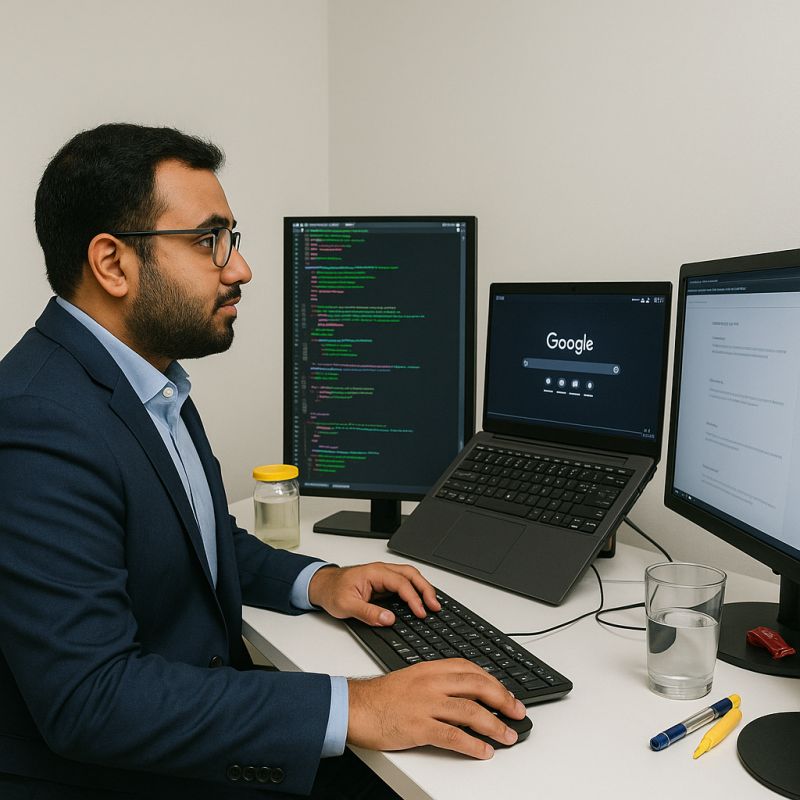Software Developers after 2025?
Would software developers and their competencies become irrelevant after 2025?
AI-powered tools such as GitHub Copilot, ChatGPT, and numerous automated code generation technologies are rapidly changing the way we write code, especially reducing manual coding efforts. These innovations are proving to be enhancing productivity, streamlining repetitive tasks, and assisting in debugging and code optimization.

Why Coding Remains Essential in 2025
However, despite these advancements, the role of developers is being misunderstood to be just limited to coding whereas in reality it extends far beyond merely generating code. Their critical responsibilities include:
✅ Managing complex feature updates and project backlogs
✅ Refactoring and maintaining legacy systems
✅ Adapting swiftly to user feedback and market changes
✅ Creating innovative solutions to novel problems
Navigating these complexities effectively requires more than just AI assistance - it demands a solid foundation in core software engineering principles.
The Foundation That Matters
🔷 Software Design: Understanding robust, scalable, and maintainable software structures.
🔷 System Architecture: Skillfully orchestrating interconnected systems, ensuring efficiency, resilience, and scalability.
🔷 Code Logic: Developing logical, optimized, and maintainable code that aligns with long-term project goals.
The Rise of “Vibe Coding”
Therefore, I firmly believe developers who master these foundational skills will excel at “Vibe Coding”. This hybrid approach allows for the strengths of both humans and AI to be fully leveraged, enhancing productivity and creativity alike.
What is Vibe Coding?
Vibe Coding represents the seamless integration of:
- Human creativity and problem-solving for complex architectural decisions
- AI assistance for repetitive tasks and code generation
- Strategic thinking for long-term maintainability and scalability
- Domain expertise that no AI can replicate
The Developer’s Evolution
Rather than replacing developers, AI tools are transforming the profession into something more strategic and creative. Modern developers are becoming:
- Solution Architects: Designing systems that solve real-world problems
- AI Orchestrators: Effectively leveraging AI tools to maximize productivity
- Quality Guardians: Ensuring code quality, security, and maintainability
- Innovation Drivers: Creating novel solutions that push boundaries
Looking Forward
The future belongs to developers who can:
- Embrace AI tools while maintaining core engineering principles
- Think systemically about software architecture and design
- Adapt quickly to changing technologies and requirements
- Focus on value creation rather than just code production
Join the Conversation
How are you combining traditional coding skills with cutting-edge AI tools in your workflow?
I’d love to hear your strategies, experiences, and insights—let’s discuss below! 👇
What’s your take on the future of software development? Are you already practicing “Vibe Coding” in your projects?